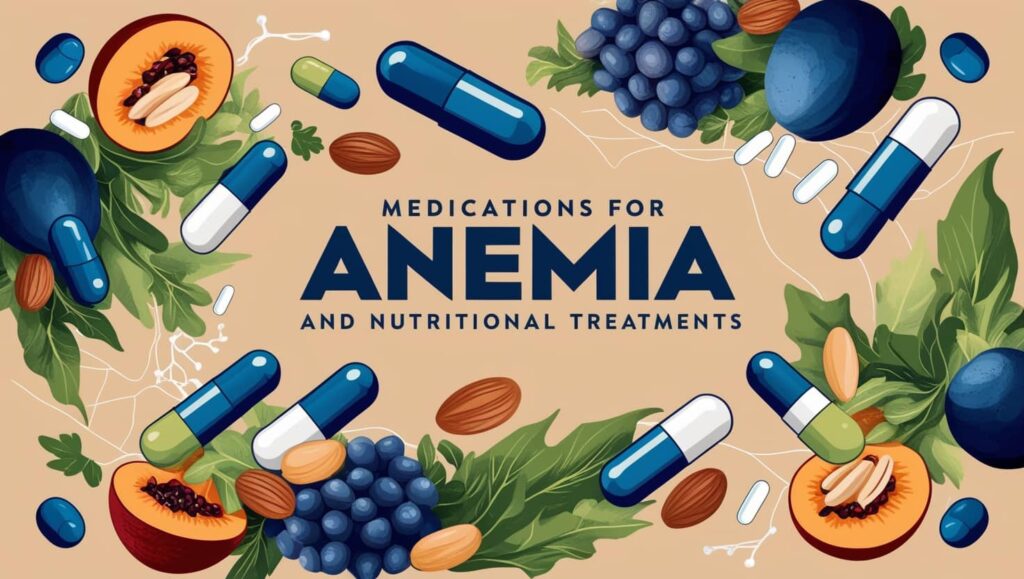Green tea, derived from the Camellia sinensis plant, is a popular and widely consumed beverage, second only to water. Prized for its numerous health benefits, this unfermented tea boasts high levels of polyphenols, powerful antioxidants that combat harmful free radicals in the body.
Traditionally used in Chinese and Indian medicine, green tea has been employed as a stimulant, diuretic, and for improving heart health, wound treatment, digestion, mental clarity, and blood sugar regulation.
While offering these advantages, excessive green tea consumption can lead to side effects like insomnia, stress, high blood pressure, and iron deficiency.
This article will explore How to Drink Green Tea Without the Side Effects.
Factors That Contribute to Green Tea Sensitivity
Factors that lead to green tea allergy include the following:
- Caffeine: A component of green tea that can cause side effects such as nervousness and headaches.
- Theanine: Another component of green tea that may cause allergic reactions.
- Tanins: A natural compound in green tea that may irritate the tissues of the digestive system and cause nausea or stomach pain.
- Immune system changes: Changes in the immune system may lead to a sudden allergy to green tea.
- Excessive consumption: Excessive consumption of green tea may cause allergies.
- Cross-reaction: With other allergy-causing components such as pollen can lead to a sudden allergy to tea.
- Asthma history: People with a history of asthma are more likely to develop an allergy to green tea.
- EGCG: A polyphenol found in green tea leaves, linked to green tea allergy. (PubMed, n.d.)
- Catechin: A component of green tea that may contribute to liver toxicity. (PubMed, n.d.)
Best Time and Dosage for Consumption
To know How to Drink Green Tea Without the Side Effects, drink green tea in the appropriate amounts and at the appropriate times as follows:
- For healthy digestion: Drink a cup or two after meals two hours or more to avoid possible interference with the absorption of iron from food.
- For weight loss: Drink one cup 30-60 minutes before moderate-intensity exercise to enhance fat burning.
- For focus and attention: Enjoy one cup in the morning thanks to the combination of caffeine and L-theanine.
Dosage:
A typical cup of green tea (8 ounces) contains about 30-50 mg of caffeine.
So, it is not recommended to drink more than 3-5 cups of green tea per day.
Additional tips:
- Do not drink green tea on an empty stomach as this can cause stomach upset due to tannins.
- Avoid drinking green tea immediately with meals, as it may hinder the absorption of iron.
- Avoid drinking green tea right before bed if you are sensitive to caffeine.
- Use hot water to prepare the green tea and steep it for 2-3 minutes. Avoid over-steeping, which can make the tea bitter.
- Eating green tea with foods rich in vitamin C, such as lemon, enhances the absorption of antioxidants.
- Pay attention to how you feel when drinking green tea and adjust your intake accordingly. (Drugs.com, n.d.)
Alternative Herbal Teas with Similar Benefits
If you don’t know yet How to Drink Green Tea Without the Side Effects, you can always have another herbal tea that has the same health benefits as green tea. Here are some suggestions:
- Rooibos tea: It is a caffeine-free tea rich in antioxidants.
- Hibiscus tea: It helps improve high blood pressure, is rich in vitamin C, and has a pungent flavor.
- Ginger: It is anti-inflammatory, boosts the immune system, and aids in digestion.
- Turmeric: It is a powerful anti-inflammatory due to its curcumin content.
- Peppermint: It treats nausea and is known for its calming effect on the digestive system.
- Lemongrass: It aids in digestion and has a refreshing citrus flavor.
- Chamomile: It is commonly used for relaxation and sleep support.
- Dandelion: It is a diuretic and supports liver function.
References
- Drugs.com. (n.d.). Retrieved from Green Tea
- PubMed. (n.d.). Retrieved from Green Tea Catechins and Cardiovascular Health
- PubMed. (n.d.). Retrieved from Scientific opinion on the safety of green tea catechins








